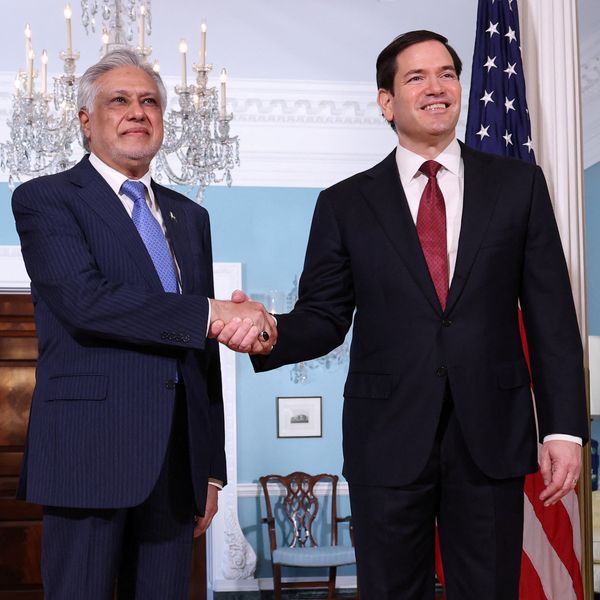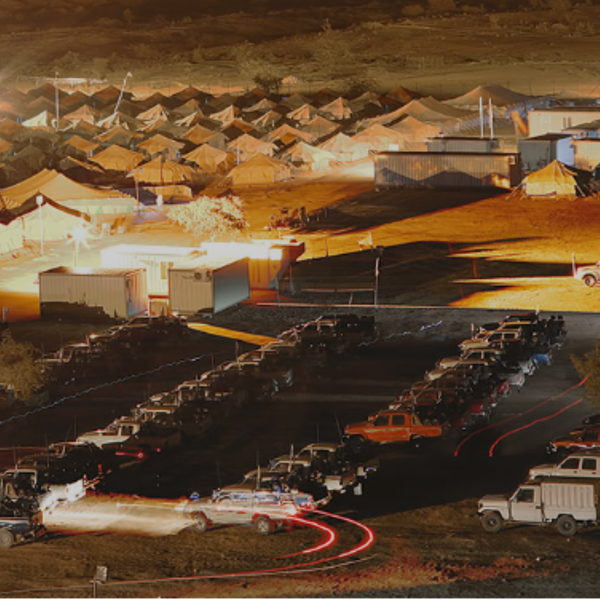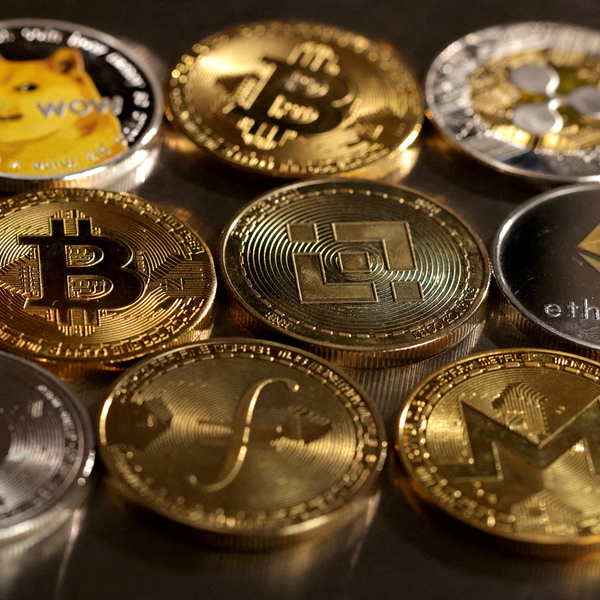Pakistan to import 85,000 tons of sugar amid soaring prices and data manipulation scandal
Government turns to Azerbaijan’s SOCAR to stabilize supply, as false production figures and unchecked exports deepen crisis in sugar sector
Business Desk
The Business Desk tracks economic trends, market movements, and business developments, offering analysis of both local and global financial news.

The Pakistan government has initiated the import of 85,000 metric tons of sugar through the State Oil Company of Azerbaijan (SOCAR) to stabilize surging domestic prices and ensure sufficient market supply in the coming months, the Ministry of National Food Security announced.
According to the Ministry, Letters of Credit (LCs) have been formally opened and processed through designated banks. The sugar will be delivered in phases, with the first shipment expected to arrive at Pakistani ports in the coming weeks. The government plans to distribute the imported sugar at subsidized rates in the open market to reduce the burden on consumers and maintain price stability.
“This import initiative is a preventive measure to address potential shortages and to safeguard against unusual price spikes,” a senior food ministry official said.
Soaring prices, dubious data & exports amid shortages
Pakistan’s sugar sector has come under intense scrutiny in recent months following a sharp price increase of over 25% in retail markets. While millers initially claimed surplus stocks earlier in FY25—prompting the government to allow exports of up to 250,000 metric tons—domestic availability began to tighten by mid-year, triggering a price rally.
The Competition Commission of Pakistan (CCP) later revealed that several major sugar mills had submitted false production figures, drastically underreporting actual output in an attempt to influence market perceptions and secure export permissions.
“Misreporting of sugar production data by industry players distorted supply assessments and directly contributed to artificial price hikes,” the CCP said in a recent statement. “This led to export approvals that did not reflect ground realities.”
According to CCP investigations, the data discrepancies allowed millers to hoard sugar, reduce market supply, and benefit from higher prices, a pattern observed in past sugar crises in the country.
Structural challenges
Despite being among the world’s top ten sugarcane producers, Pakistan has struggled to maintain consistent sugar availability and price stability due to long-standing structural and regulatory weaknesses, including politicized ownership of over 80 sugar mills with influence over pricing and policy, outdated farming and crushing practices leading to volatile yields, weak inventory tracking, allowing for stock concealment and hoarding, and periodic cartelization, previously documented by the CCP.
The 2020 sugar crisis led to high-level investigations and promises of reform, yet similar patterns—export approvals during apparent surplus, followed by imports at higher prices—have repeated in 2024-25.
“Pakistan’s sugar market remains vulnerable to manipulation because of poor governance, lack of transparency, and weak enforcement,” said a market observor. “What we’re seeing now is the result of an unregulated export window combined with false reporting.”
The current import plan is intended to ease immediate market pressure, especially ahead of the high-demand season in late summer and early autumn. The Ministry of National Food Security emphasized that the imported sugar will meet international quality standards and will arrive within the agreed timeframes under the SOCAR deal.
However, analysts warn that unless systemic reforms are implemented. including accurate crop forecasting, real-time inventory tracking, and stricter export controls, the sugar sector will continue to experience boom-bust cycles at a high cost to both consumers and the national exchequer.
“The government’s move to import is necessary but not sufficient,” he added. “Without addressing the root causes, including data manipulation and unchecked export permissions, Pakistan will remain stuck in a loop of artificial shortages and inflation.”
The imported sugar, once landed, will be sold at subsidized rates across key markets to support price stabilization efforts.
Meanwhile, the CCP has called for stricter penalties for misreporting and hoarding, and for the establishment of a centralized system for sugar production and stock verification.










Comments
See what people are discussing